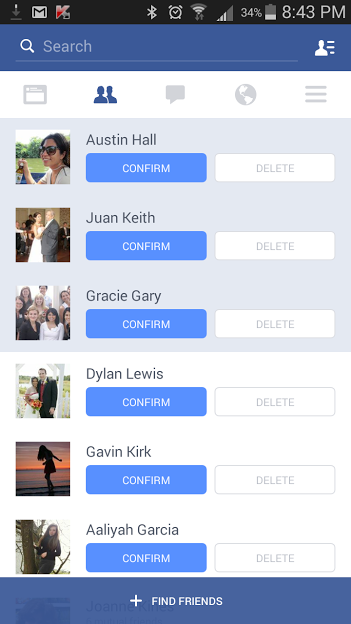Wise Guys on WHO Radio - March 21, 2015
The WHO Radio Wise Guys airs on WHO Radio in Des Moines, Iowa on 1040 AM or streaming online at WHORadio.com. The show airs from 1 to 2 pm Central Time on Saturday afternoons. A podcast of show highlights is also available. Leave comments and questions on the Wise Guys Facebook page or e-mail them to wiseguys@whoradio.com.
Please note: These show notes may be in various stages of completion -- ranging from brainstormed notes through to well-polished monologues. Please excuse anything that may seem rough around the edges, as it may only be a first draft of a thought and not be fully representative of what was said on the air.
The end of Microsoft Internet Explorer
- It was reported by The Verge on Tuesday that Microsoft is killing off the "Microsoft Internet Explorer" brand, coinciding with the pending introduction of Windows 10
- Windows 10 will integrate a new browser, currently being developed under the codename "Project Spartan"
- Internet Explorer won't go away entirely -- it'll stick around as a legacy feature for things like websites that don't render well with the new browser -- but for all intents and purposes, it's being relegated to the dustbin of history
- The "Project Spartan" name is undoubtedly a nod to the reputation that has bugged MSIE for a long time -- namely, that it is slow to render pages
- The very need to keep a legacy version of MSIE around is an echo of the days when websites were "optimized" for one browser or another. We are fortunate that the web-development community pushed hard and consistently for standards that make sites generally compatible from one browser to another.
- The real issue today is compatibility not from one browser to another, but from one screen type to another. What works on a 17" laptop doesn't look right on most smartphone screens. There are plenty of devices in between, not to mention giant TVs and tiny smartwatches on the outlying extremes. Fortunately, a standards-driven mentality has made it easier to accommodate.
- MSIE outlived its original rival, Netscape Navigator, but today it is squeezed by top-tier competition from Firefox, Chrome, and Safari (on Mac platforms), and a host of native and downloadable browsers on devices smaller than laptops.
- Rumor has it that Firefox is in bad competitive shape, though it's terribly hard to get good data on the subject. Meanwhile, the built-in browser that comes with Android is a security hazard, so anyone with a phone running on Android should use the Chrome browser instead.
- This whole story comes out of the pending arrival of Windows 10. It's coming this summer, and it's worth noting that they're offering a "free upgrade" to Windows 7, Windows 8.1, and Windows Phone 8.1 users who request it in the first year.
In the news this week
Clinically insane
Smartwatch insanity
Take a breather on buying an outrageously-priced new smartwatch. They have value, to be sure...but not in the hundreds of dollars.
Street-smart social media

There's been an outbreak of fake Facebook accounts pinging people with friend requests, if my own feed is any indication. When you get a friend request, ask yourself:
- Do I recognize this name?
- Do I recognize the picture?
- Do I have any friends in common with this person?
- Is there a good reason why this person might be reaching out to me right now?
A personal note
The world lost a great woman last night as my great-aunt Kay passed away.
